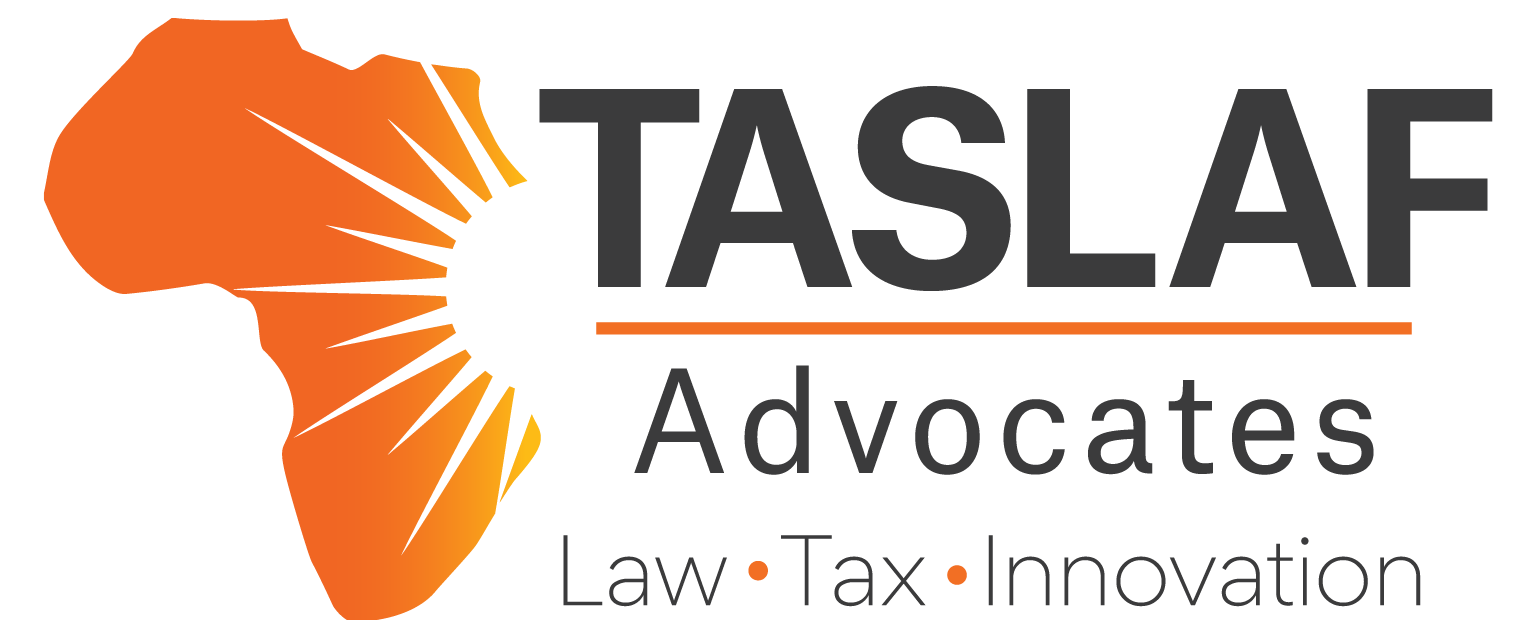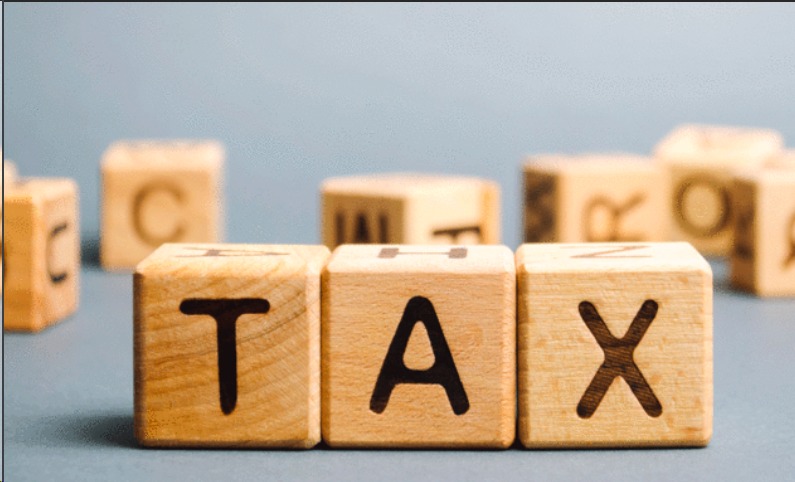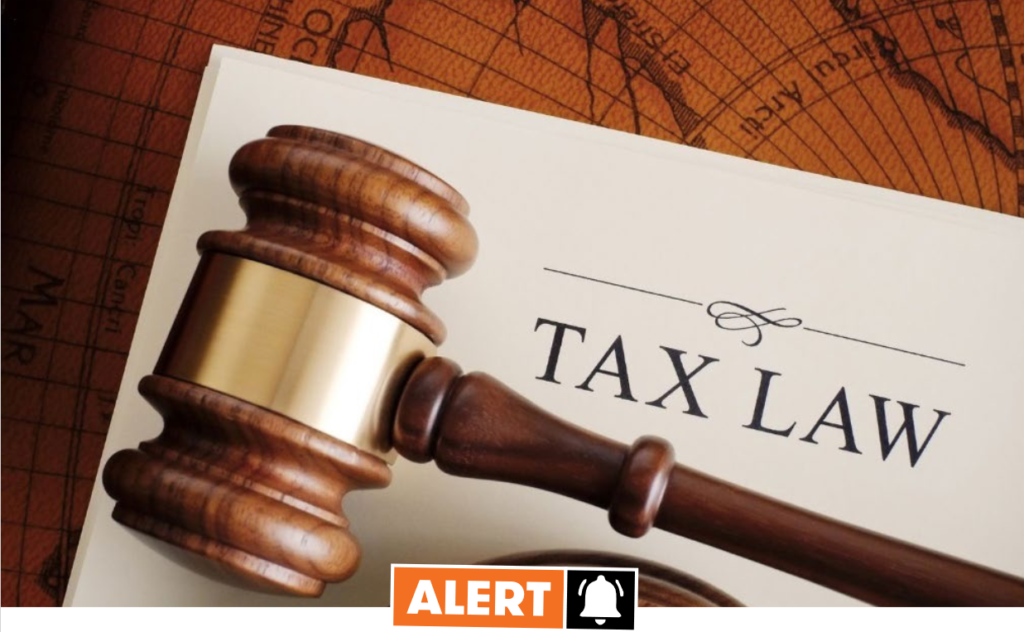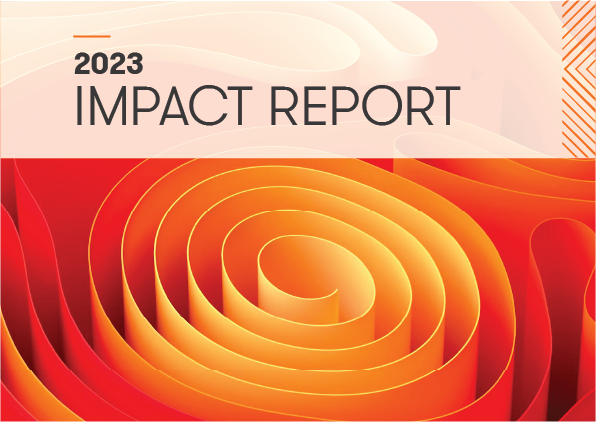Background:
On 2nd June 2022, the President of the Republic Of Uganda, H.E Yoweri Kaguta Museveni assented to the Income Tax (Amendment) Act, 2022, The Value Added Tax (Amendment) Act 2022, The Stamp Duty (Amendment) Act 2022, The Tax Procedures Code (Amendment) Act 2022 and The Tax Appeals Tribunal (Amendment) Act 2022.
The amendments have a significant impact on the lives of individuals and the business environment in Uganda. TASLAF is pleased to present a summary of the major changes brought about by the above amendments and what the changes mean for you and your business. .
Income Tax.
Income Tax (Amendment) Act, 2022 has introduced the following changes:
ITEM | PREVIOUS LAW | CURRENT LAW | COMMENTS |
|---|---|---|---|
Exempt
Organisations | Research
institutions were not
exempt institutions
and could not apply
for income tax
exemptions.
Donations to
research institutions
were not income tax
deductible | The definition of an exempt
institution has been
expanded to include a
research institution whose
object is not for profit. | This paves way for research
institutions whose object is not
for profit to apply for income tax
exemptions. The amendment
also allows for a donation to
a research institution whose
object is not for profit to be tax
deductible on the part of the
donor. |
Rental Income | Companies and
individuals earning
rental income were
entitled to deduct
bank loan interest
payments and 75%
of their gross rental
income as expenses,
compute and pay tax
on the surplus. | For individuals and
partnerships, tax on
rental income is 12% of
rental income exceeding
UGX 235,000 per month
or 2,820,000 per year.
Companies are allowed a
deduction of up to 50% of
their gross rental income as
expenses. Their income, net
of expenses (which expenses
should not exceed 50% of
gross rental income) is then
taxed at 30% | Rental income earners need to
take note of the changes in the
mode of computation of tax and
align accordingly.
The new rental tax computation
regime is still more beneficial to
company rental income earners
than individuals.
Property developers are urged
to take note that they will not
be entitled to deduct any capital
expenses that are ordinarily
allowable under the Income Tax
Act from their gross revenue. |
Transportation
of passengers,
cargo or mail
into Uganda.
| It was possible
for a non-resident
person to be taxed
on income made by
transporting people,
cargo or mail into or
through Uganda. | Income earned by a nonresident person from the
carriage of passengers, cargo
or mail embarking outside
Uganda into Uganda is not
regarded as income derived
from a Ugandan-source
service contract. | Persons who are resident in
Uganda for tax purposes are no
longer required to withhold tax on
payments made to non-resident
persons for carriage of passengers,
cargo or mail that do not embark
in Uganda. This is irrespective of
whether the passengers, cargo or
mail’s final destination is Uganda
or the passenger, cargo or mail is
simply passing through Uganda
to another destination country. |
Oil and Gas
Compliance | The Income tax
Act and the Tax
Procedure Code Act
provided different
penalties for Oil and
Gas licensees who
failed to furnish
returns or file
documents. | The amendment has clarified
that the applicable penalties
for Oil and Gas licensees who
fail to furnish returns or file
documents are those provided
for under the Income Tax Act.
These are; a fine between
$50,000 and $500,000. | Oil and gas licensees need to take
care to ensure that they comply
with all filing requirements
within the time prescribed by the
law. |
Value Added Tax.
The Value Added Tax (Amendment) Act, 2022 has introduced the following changes:
ITEM | PREVIOUS LAW | CURRENT LAW | COMMENTS |
|---|---|---|---|
Importation of
service | A supply of imported
services used in
the provision of an
exempt supply was
exempt from VAT | Importation of a service
(such as paying for foreign
consultancy services) will
only be exempt from VAT if
the provision of the same
service domestically would
itself be VAT exempt | Producers who supply VATexempt goods or services have to
identify local service providers
since importing services used in
the provision of an exempt supply
no longer qualifies for exemption
from VAT. |
Cash Basis
Accounting | Only tax payers
whose annual
turnover did
not exceed UGX
500,000,000 could
use cash basis
accounting in
accounting for VAT. | Taxpayers who supply
goods and services to the
government can also opt to
use cash basis accounting to
account for VAT | This enables government
suppliers to pay VAT only on
invoices that have actually been
paid by the government. |
Oxygen
Cylinders | The supply of
oxygen or oxygen
cylinders for any
purpose was exempt
from VAT. | Only the supply of oxygen
cylinders or oxygen for
medical use is exempt from
VAT | Persons in the business of
supplying oxygen or oxygen
cylinders should take note of
this change and always include
VAT on any supply of oxygen
or oxygen cylinders except for
medical purposes. |
Specialist
Medical
Hospitals | Only supplies
made to a person
developing a
specialist medical
care hospital at the
level of a national
referral hospital
were VAT exempt | The supply of services to
conduct feasibility studies,
design, construction, the
supply of locally produced
materials for construction of
premises or infrastructure,
machinery and furnishings
to any developer of a hospital
providing specialist care will
now be exempt from VAT | This is to encourage the
private sector to invest in the
establishment of specialist
hospitals and reduce the cost of
construction inputs. |
Menstrual Cups | Menstrual Cups
were VAT Exempt. | The supply of menstrual cups
has been transferred from
being VAT exempt to being
Zero rated. | This allows producers of the
product to claim in put VAT
incurred in the purchase of inputs
for the production of menstrual
cups. |
Assistive Devices
for Persons With
Disabilities and
Airport User
Services | N/A | The supply of assistive devices
for persons with disability
and of airport user services
charged by Civil Aviation
Authority are now exempt
from VAT. | |
Education
Materials | N/A | The supply of all education
materials made in Uganda or
abroad, including those made
in the EAC region are exempt
from VAT. | Aims at reducing the cost of
education materials and allow
enhancement of regional trade. |
Stamp Duty
The Stamp Duty (Amendment) Act, 2022 has introduced the following changes:
ITEM | PREVIOUS LAW | CURRENT LAW | COMMENTS |
|---|---|---|---|
Credit
Instruments | Instruments relating
to mortgages
and any other
charges caused by
depositing of title
to goods) attracted
Stamp Duty at 1% of
the transaction. | Instruments relating to
mortgages and any other
charges caused by depositing
of title to goods) now attract
Nil Stamp Duty. | The amendment is expected to
make credit cheaper. |
Instruments
relating to trusts
and estates
of deceased
persons. | Instruments relating
to a trust as well as
transfer of property
from the name of
a deceased to the
administrator or
holder of probate
were exempt from
Stamp Duty. | Instruments relating to a trust
as well as transfer of property
from the name of a deceased
to the administrator or holder
of probate and a transfer
from the administrator or a
holder of letters of probate to
a beneficiary is subject to a
stamp duty tax of UGX 15,000. | A nominal levy has been
introduced, likely to increase
government revenues. |
Tax Procedures Code Act
The Tax Procedures Code (Amendment) Act, 2022 has introduced the following changes:
ITEM | PREVIOUS LAW | CURRENT LAW | COMMENTS |
|---|---|---|---|
Informer
Rewards | Any person
providing
information leading
to the recovery of
tax was entitled to a
reward of 5% of the
tax discovered. | The amendment has capped
rewards for persons that assist
URA to identify unassessed tax
or provide information leading to
its recovery. Under the new law,
persons who provide URA with
information leading to identification
of unassessed tax shall be entitled
to a payment of 1% of the tax or UGX
15,000,000 whichever is less.
On the other hand, a person who
provides URA with information
leading to the recovery of
unassessed tax is entitled to a fee of
5% of tax recovered or a payment of
UGX 100,000,000 whichever is less. | The reward system is now
two fold; persons who
provide information leading
to the identification of
unassessed tax are entitled
to a reward immediately.
Persons who provide
information leading to the
collection of tax are entitled
to a reward only when tax is
collected. |
Tax Stamps | Failure to affix
stamps was an
offence but affixing
stamps and failing
to activate them was
not. | It is now an offence to fail to
activate tax stamps. Previously,
only failing to affix tax stamps on
goods was punishable. | The new sanction is meant
to encourage everyone
to not only affix but
also activate tax stamps
otherwise they risk
incurring a fine of double
the tax due on the goods or
UGX 50,000,000 whichever
is higher. |
Temporary
Closure of
business | URA was entitled to
temporarily close
business premises
for failure to pay tax.
URA was required
to issue a notice of
seven days before
closing the premises. | • The length of notice required to be
given by URA before temporarily
closing of business premises has
been expanded from seven days
to fifteen days
• Apart from failure to pay tax,
failure to comply with the
requirements of electronic
receipting and invoicing rules
is now a ground for URA to
temporarily close the premises of
a non-compliant business | Tax payers are urged
to comply with the
requirements of electronic
receipting and invoicing
rules |
Extractives And
Construction
Industry | Entities in the
extractives or
construction
industries were
under no obligation
to disclose to URA
the names of their
contractors | Entities in the extractives or
construction industries are now
under an obligation to disclose
to URA the names of all persons
contracted with within seven
(7) days of signing any contract.
Failure to comply with this
obligation attracts a penalty of UGX
20,000,000. | Entities in the extractives
or construction industries
should take note of this
requirement and rigorously
comply. |
New tax offences have been introduced as below:
OFFENCE | PENALTY |
|---|---|
Failure to affix or activate tax stamps | Fine not exceeding UGX 10,000,000
Or
Imprisonment not exceeding ten years
Or
Both |
Printing over or defacing tax stamps | Fine not exceeding UGX 30,000,000
Or
Imprisonment not exceeding ten years
Or
Both |
Forgery of tax stamps | Fine not exceeding UGX 30,000,000
Or
Imprisonment not exceeding ten years
Or
Both |
Failure to use electronic receipting or invoicing | Fine not exceeding UGX 30,000,000
Or
Imprisonment not exceeding ten years
Or
Both |
Forgery of electronic receipt or invoice | Fine not exceeding UGX 30,000,000
Or
Imprisonment not exceeding ten years
Or
Both |
Interference with electronic fiscal device or
electronic dispensing control device | Fine not exceeding UGX 30,000,000
Or
Imprisonment not exceeding ten years
Or
Both |
Failure to file information return for purposes of
automatic exchange of information | Fine not exceeding UGX 50,000,000
Or
Imprisonment not exceeding ten years
Or
Both |
Failure to maintain records for purposes of
automatic exchange if information | Fine not exceeding UGX 50,000,000
Or
Imprisonment not exceeding ten years
Or
Both |
Making a false or misleading statement in an
information return
| Fine not exceeding UGX 50,000,000
Or
Imprisonment not exceeding ten years
Or
Both |
Omitting from a statement made in the information
return | Fine not exceeding UGX 50,000,000
Or
Imprisonment not exceeding ten years
Or
Both |
Tax Appeals Tribunal Act
The Tax Appeals Tribunal (Amendment) Act, 2022 has introduced the following changes:
ITEM | PREVIOUS LAW | CURRENT LAW | COMMENTS |
|---|---|---|---|
Tax Appeals
Tribunal | Tribunal was
comprised of 5, with
one chairperson and
four members. | The composition of the
tribunal has been expanded
to nine, inclusive of a
chairperson and eight
members. At least forty
percent of the members of the
tribunal are required to be
women. | The amendment expands the size
of the tribunal and is expected
to enhance its capacity to
expeditiously hear and determine
tax matters. |
Conclusion:
The amendments above introduce new tax rules, compliance requirements and sanctions. Stakeholders are encouraged to take note of these changes and accordingly align their operations to avoid penalties or excessive tax liabilities where this can be avoid.
TASLAF is in position to assist all entities to make sense of the amendments and what they mean in the specific context of an entity. If you would like to make a consultation, please make use of the contact details at the end of this article.
Disclaimer
No information contained in this alert should be construed as legal advice from TASLAF Advocates or the individual authors, nor is it intended to be a substitute for legal counsel on any subject matter.
Our Legal and Regulatory Compliance Team.

Stephen Tumwesigye
Managing Partner
M: +256 (0) 774 334 908
E: stumwesigye@taslafadvocates.com

Juliet Namirembe
Legal Associate
M: +256 701 810050
E: suzama@taslafadvocates.com

Rushongoza Begumya
Legal Associate
M: +256 (0) 751 848 903
E: rbegumya@taslafadvocates.com

Bruno Kalibbala
Legal Associate
M: +256 (0) 751 632 198
E: bkalibbala@taslafadvocates.com
